Africa
Thousands of South Africans express interest in US resettlement plan
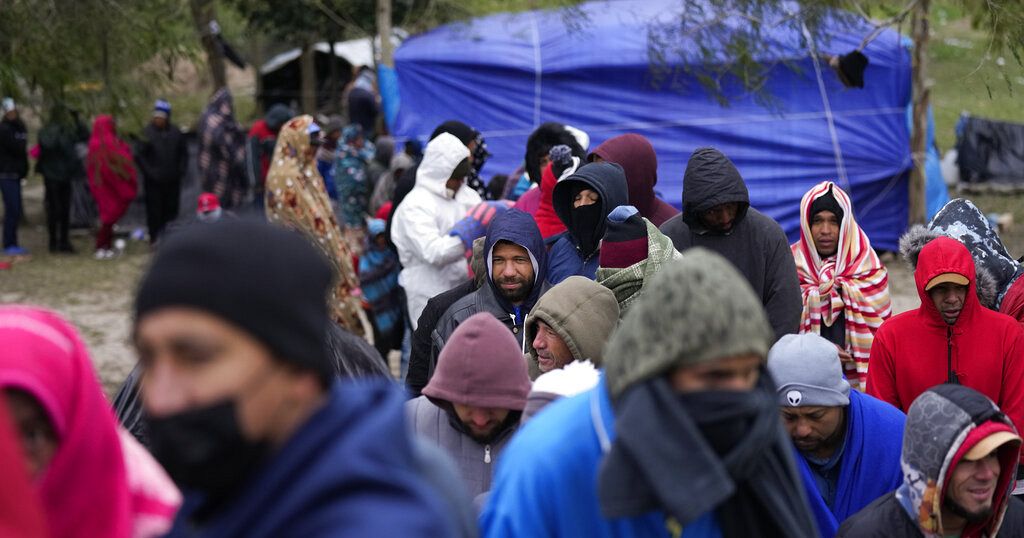
Nearly 70,000 South Africans have shown interest in relocating to the United States following Washington’s initiative to resettle members of the country’s Afrikaner community, according to a business group.
The South African Chamber of Commerce in the USA (Saccusa) reported that its website was inundated with registrations from individuals seeking more details about the program.
In a February executive order, President Donald Trump stated that Afrikaners—descendants of predominantly Dutch settlers from the 17th Century—qualified for refugee status as they were “victims of unjust racial discrimination.”
Diplomatic relations between the US and South Africa have deteriorated since Trump took office in January.
Saccusa described the submission of the registration list to the US embassy in Pretoria as a “significant milestone.” An embassy representative confirmed to the BBC that the document had been received.
According to Saccusa’s president, Neil Diamond, 67,042 individuals registered, with the majority bearing Afrikaner or English surnames. The group noted that most applicants were between the ages of 25 and 45 and had two to three dependents.
Saccusa, which represents South African businesspeople residing in the US, is not a government-affiliated entity but became involved in the registration process after an influx of inquiries about the resettlement initiative, Diamond told broadcaster Newzroom Afrika.
While some white South Africans claim they face discrimination, their concerns have gained traction among right-wing groups in the US. However, more than three decades after apartheid ended, South Africa’s white minority continues to control most of the nation’s private land and wealth.
Tensions between Pretoria and Washington intensified in January when South African President Cyril Ramaphosa enacted legislation permitting land expropriation without compensation in cases deemed to serve the “public interest.”
This law followed longstanding demands for land redistribution, with activists and political leaders advocating for the transfer of farmland from white landowners to Black South Africans.
Trump reacted by issuing an executive order extending refugee status to Afrikaners, arguing that they were facing “state-sanctioned racial discrimination.”
By March, Trump broadened the offer to include all South African farmers, describing the country as “a dangerous place for them.” The following month, he cut financial aid to South Africa.
Ramaphosa pushed back against Trump’s remarks, asserting that no land had been confiscated and that the new legislation aimed to guarantee “fair and just access to land in accordance with the constitution.”
Despite this, diplomatic hostilities have escalated. Last week, Washington expelled South Africa’s ambassador, with US Secretary of State Marco Rubio branding him a “race-baiting politician.”
Africa
Unprecedented trial for apartheid atrocities opens in South Africa
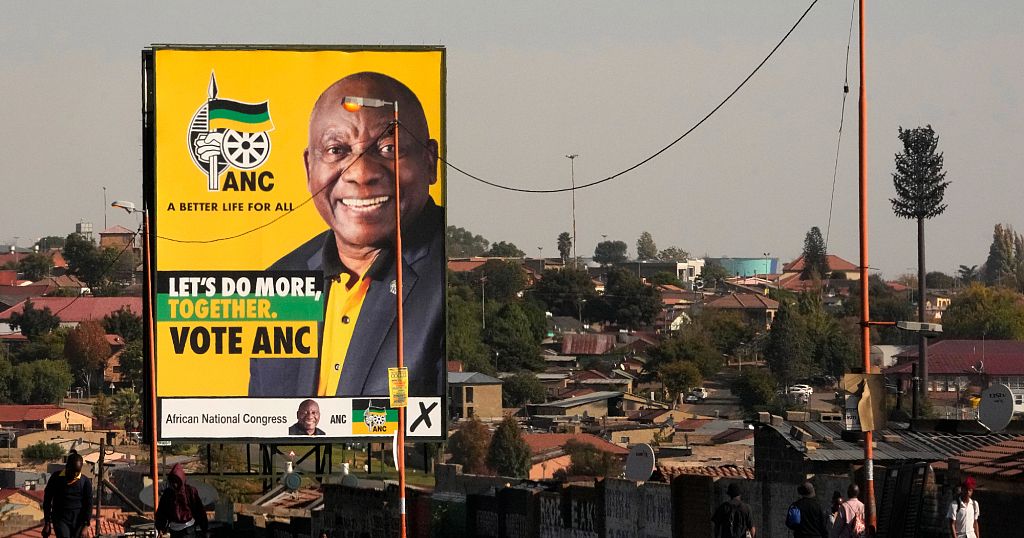
A significant step by South Africa’s legal system in confronting the atrocities of the country’s dark political past.
A judge this week approved the trial of two apartheid-era police officers for their involvement in the 1982 assassination of three student activists.
The prosecution is unprecedented. Until now, no individual had been held accountable for the crime of apartheid.
The case centers around three young freedome fighters killed in an explosion in 1982. The victims were part of a resistance movement opposed to the apartheid regime which enforced White-only rule and domination over the Black majority.
Experts say the trial could open the door for others.
Also this week, South Africa reopened an investigation into the death Albert Luthuli, a former president of the African National Congress (ANC) and Nobel Peace Prize laureate, who was killed in 1967.
The prosecuting authority seeks to have the findings of previous inquests into Luthuli overturned.
The authorities at the time had concluded that Luthuli’s death the result of an accident.
The development comes more than 30 years since South Africa became a democracy and after a Truth commission unearted numerous atrocities.
Africa
Tunisia jails opponents, critics of President Saied
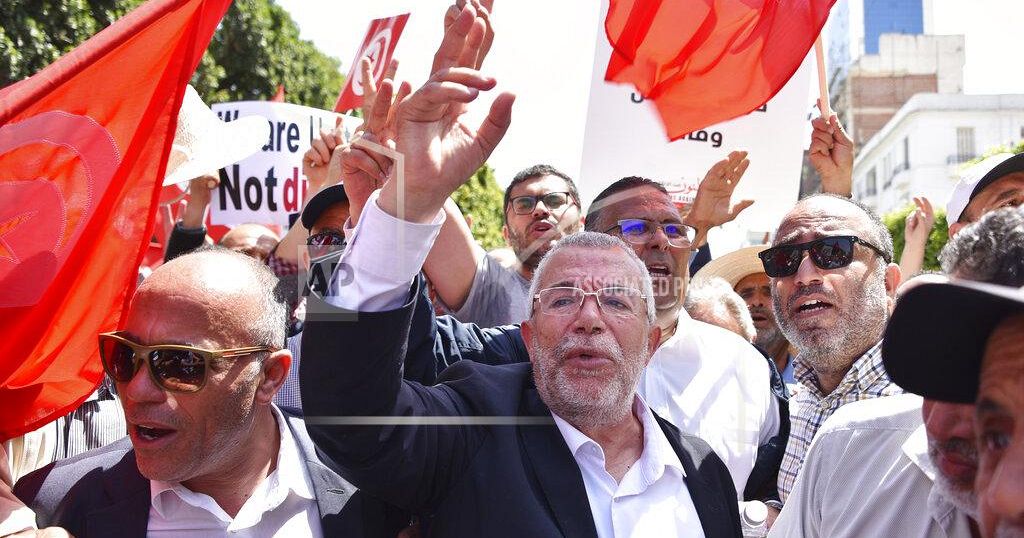
Tunisia on Friday handed opponents of President Kais Saied lengthy jail terms after convicting them of plotting against state security.
Issam Chebbi and Jawhar Ben Mbarek of the opposition National Salvation Front coalition, as well as lawyer Ridha Belhaj and activist Chaima Issa, were sentenced to 18 years behind bars, their lawyer said.
Businessman Kamel Eltaief received the harshest penalty of 66 years in prison.
They are among forty people, including high-profile politicians, businessmen and journalists, who who were being prosecuted on security and terrorism charges.
Critics say the charges lacked merit, and only served to consolidate Saied’s power grab.
The president won re-election virtually unchallenged last year after the jailing or disqualification on flimsy grounds of his opponents.
Saied has ruled mostly by decree since dismissing parliament in 2022 and promulgating a revised constitution giving himself wideranging powers in 2023.
Africa
Tanzania opposition says jailed leader not seen by family, lawyers
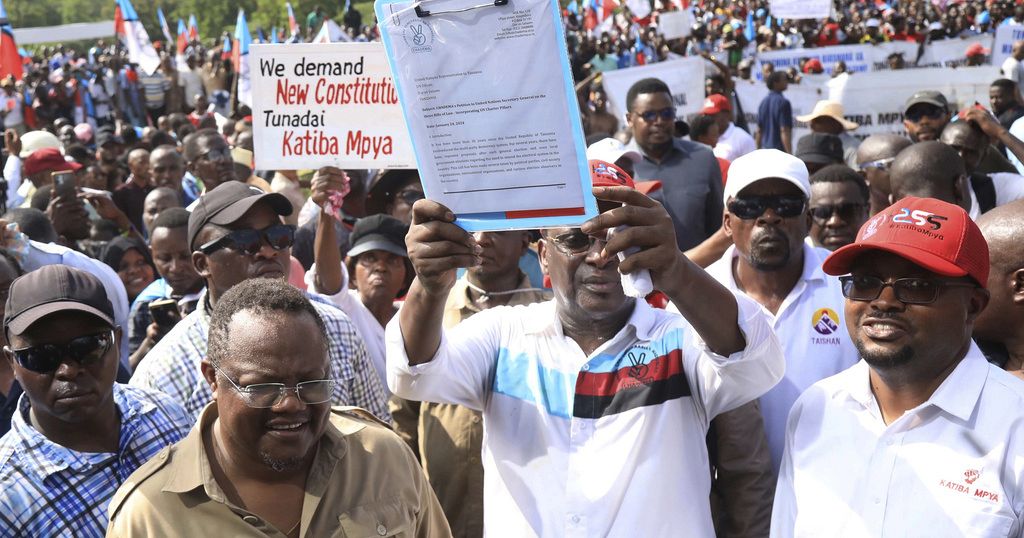
Tanzania’s main opposition party said it had failed to get access to its leader who is in detention on treason charges.
CHADEMA said Friday that the family and lawyers of Tundu Lissu had failed to see him at a Dar es salaam jail where he had been kept since his arrest on April 9.
In a statement, the party said it held the Tanzanian government and Prisons Service responsible ble for Lissu’s safety.
The Prisons Service quickly denied that Lissu had been moved from jail.
In a statement, the agency dismissed CHADEMA’s concerns as misinformation.
“We would like to inform the public that Tundu Lissu is safe and he is still detained at Keko Prison in Dar es Salaam according to the country’s laws and procedures,” the Service said in a statement.
Lissu came second in Tanzania’s 2020 presidential election. Last week, he was arrested and later charged with treason after a speech demanding election reforms.
Prosecutors said the speech called for an uprising.
With another presidential vote on the horizon, critics say President Samia Suluhu Hassan’s government has ramped repression against the opposition.
This week, the election commission banned CHADEMA from taking part in elections after the party refused to sign a document pledging to obey the commission’s orders.
-

 Education1 day ago
Education1 day agoHarvard’s battle with the Trump administration is creating a thorny financial situation
-

 Sports2 days ago
Sports2 days agoAaron Rodgers ‘not holding anybody hostage’ as he decides his future, retirement a possibility
-
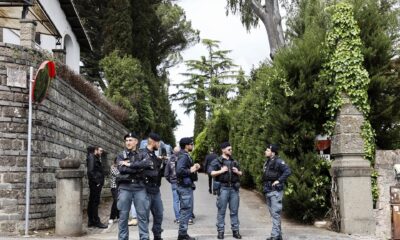
 Middle East10 hours ago
Middle East10 hours agoIran says progress in nuclear talks with US, confirms third round next week | News
-
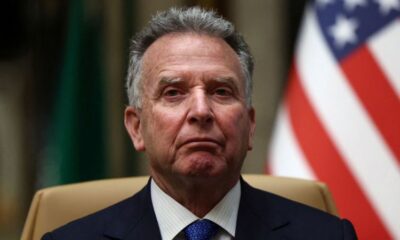
 Europe1 day ago
Europe1 day agoTrump’s ‘lone ranger’: How Steve Witkoff became the defacto point man on America’s foreign policy challenges
-

 Lifestyle1 day ago
Lifestyle1 day agoSweets from the sky! A helicopter marshmallow drop thrills kids in suburban Detroit
-
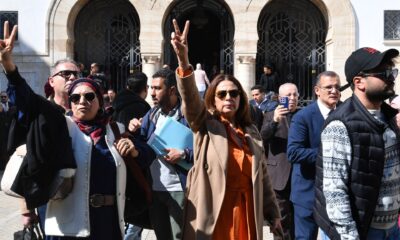
 Middle East17 hours ago
Middle East17 hours agoTunisian court hands opposition figures lengthy jail terms | Human Rights News
-
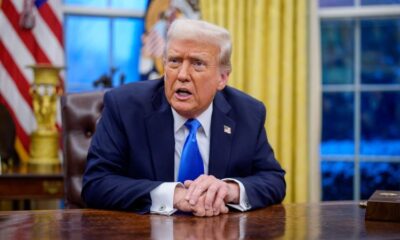
 Europe1 day ago
Europe1 day agoThe Trump administration says Europe is taking advantage of the US. That’s not exactly true
-

 Conflict Zones1 day ago
Conflict Zones1 day agoTrump says US may ‘pass’ on helping end war if Russia, Ukraine resist deal | Russia-Ukraine war News



